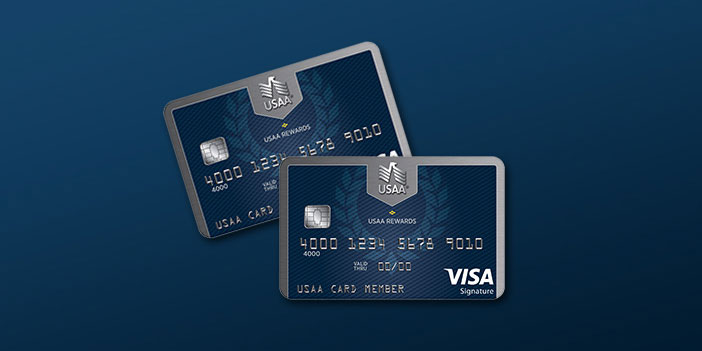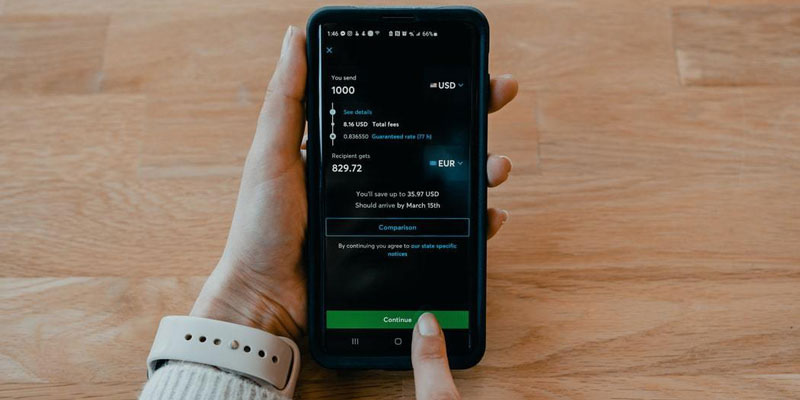
Settling your debt can seem like a big process when you feel like you're over your head with debt. Everything is negotiable in business; however, as the saying goes. As long as you know who to ask and how to ask, getting a discount can be as simple as understanding how to do so.
For example, if you owe money on your credit cards, you might be able to bargain down the amount you owe. You may be able to reduce your balances by as much as 50 percent to 70 percent with a little knowledge and guts.
The Basics of Debt Settlement
If you've already paid off your debt, you'll get your money back, and the rest of your debt will be forgiven if you agree to a big one-time payment from your lender. The credit card firm might accept $5,000 from a person who owes $20,000 on one card. Because of this one-time payment, the credit card company will waive the remaining $5,000 owing.
It's hard to understand why a credit card company would gladly give up its debt. It's frequently because the lender is short on funds or worried that you won't be able to make good on your repayment obligations. If your credit card company refuses to lower your interest rate, keep in mind that it is doing so because it is concerned about its bottom line.
This means that your credit card company (or a debt collector) can't seize any collateral to recover an outstanding balance on your credit card.
Negotiating a debt settlement with a credit card company may sound too wonderful, but it isn't true. Lenders don't like to market debt settlements, which is understandable. Still, the Federal Trade Commission (FTC) estimates that around half of debt settlement cases are successful despite the lack of independent statistics.
For those who are on the verge of bankruptcy, their lender may be willing to take whatever they can obtain in order to give them one last chance to get their finances back on track.
The Downsides of Debt Settlement

There are some significant benefits, such as reducing your present debt, to considering a debt settlement. If you don't consider these factors, you could find yourself in a more difficult scenario.
To settle your debt, you'll typically need to come up with a large sum of money at once. This is why debt settlement is beneficial to your lender since instead of receiving minimal monthly payments for the next few years, it is obtaining a significantly larger sum now.
Make sure that a significant payment today doesn't put you into a financial bind a few months down the road by thinking about where the money will come from and how it might be used elsewhere in your finances.
The second risk is losing access to your credit card account after the settlement has been reached. In other words, if you have a history of not repaying your debts, your lender may decide to dismiss you as a customer.
Debt settlement might have a negative impact on your credit rating. Because of this, it will be more difficult for you in the future to receive a low-interest loan or any credit at all. Debt relief may be a better option if you need a high credit score but can afford to wait a few months for it to improve.
The Negotiating Process

Begin by contacting your credit card company's customer service department and asking to talk with someone in the "debt settlements department," ideally a manager. Describe the severity of your predicament.
You've managed to come up with a small amount of cash, and you hope to pay one of your debts before the money runs out elsewhere. You're more likely to receive a competitive offer if you specify that you're pursuing debt settlement on many accounts.
Make an offer of a specified monetary amount equal to about 30% of your outstanding account balance. A bigger percentage or money amount will almost certainly be offered in retaliation by the lender.
Finally, if you've reached a debt settlement arrangement with your lender, obtain it in writing. In some cases, a credit card company may verbally accept a debt settlement agreement only after handing over the rest of your debt to a collection agency.
Make certain that the written agreement specifies the amount you must pay to be freed from making any additional payments on your whole balance.
The Bottom Line
As much as everyone should strive to negotiate a settlement, there is a good probability you may be told "no" at some point in the process. If so, don't just hang up the phone and walk away from the situation. Request a lower annual percentage rate (APR), a smaller monthly payment, or an alternate payment plan from the credit card provider instead. In the event that your credit card debt settlement representative feels terrible about having to reject your offer, they may be open to one of these other choices.
Finally, if you have a lot of debt on multiple credit cards, you may want to consider debt consolidation.



